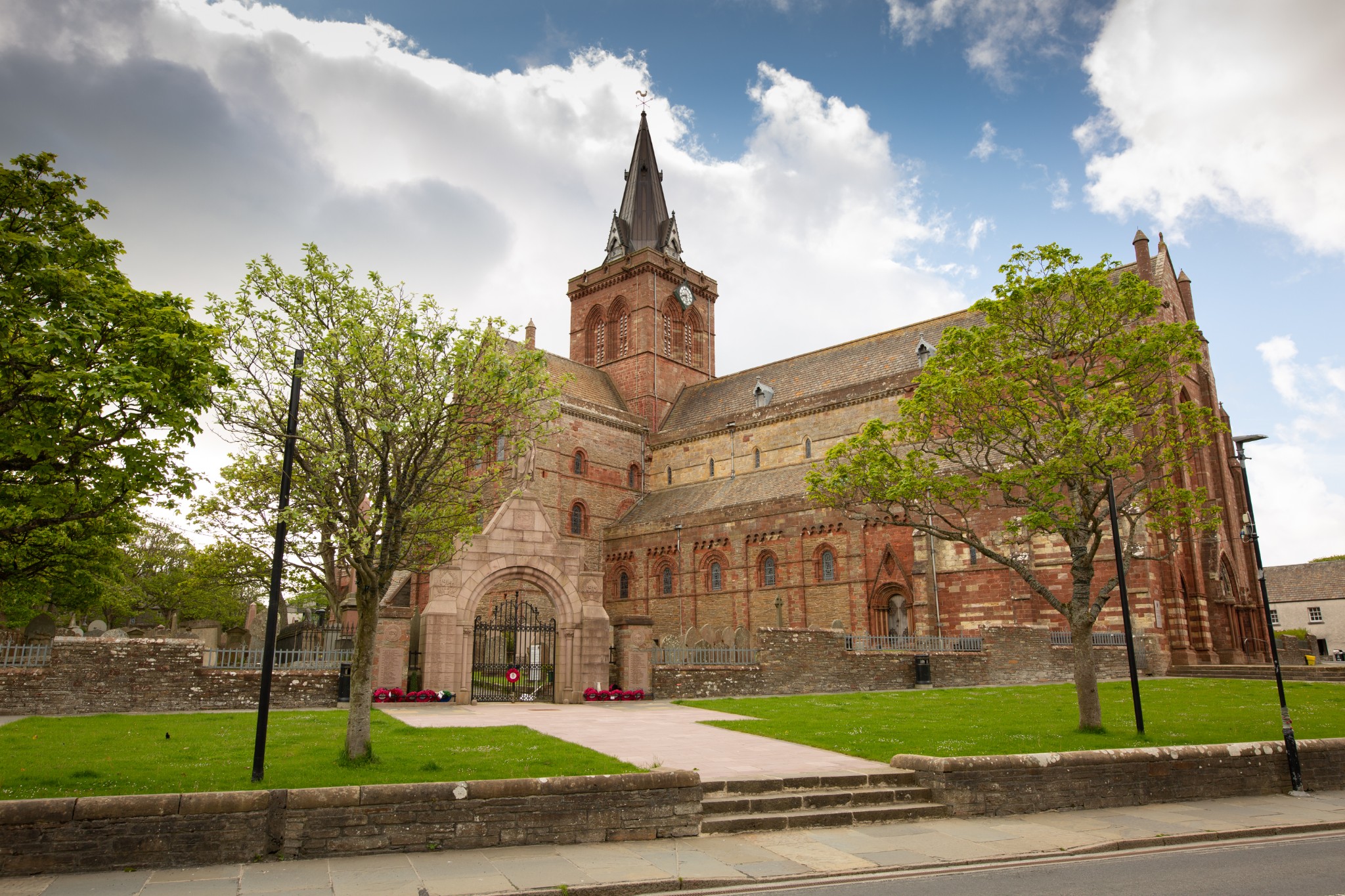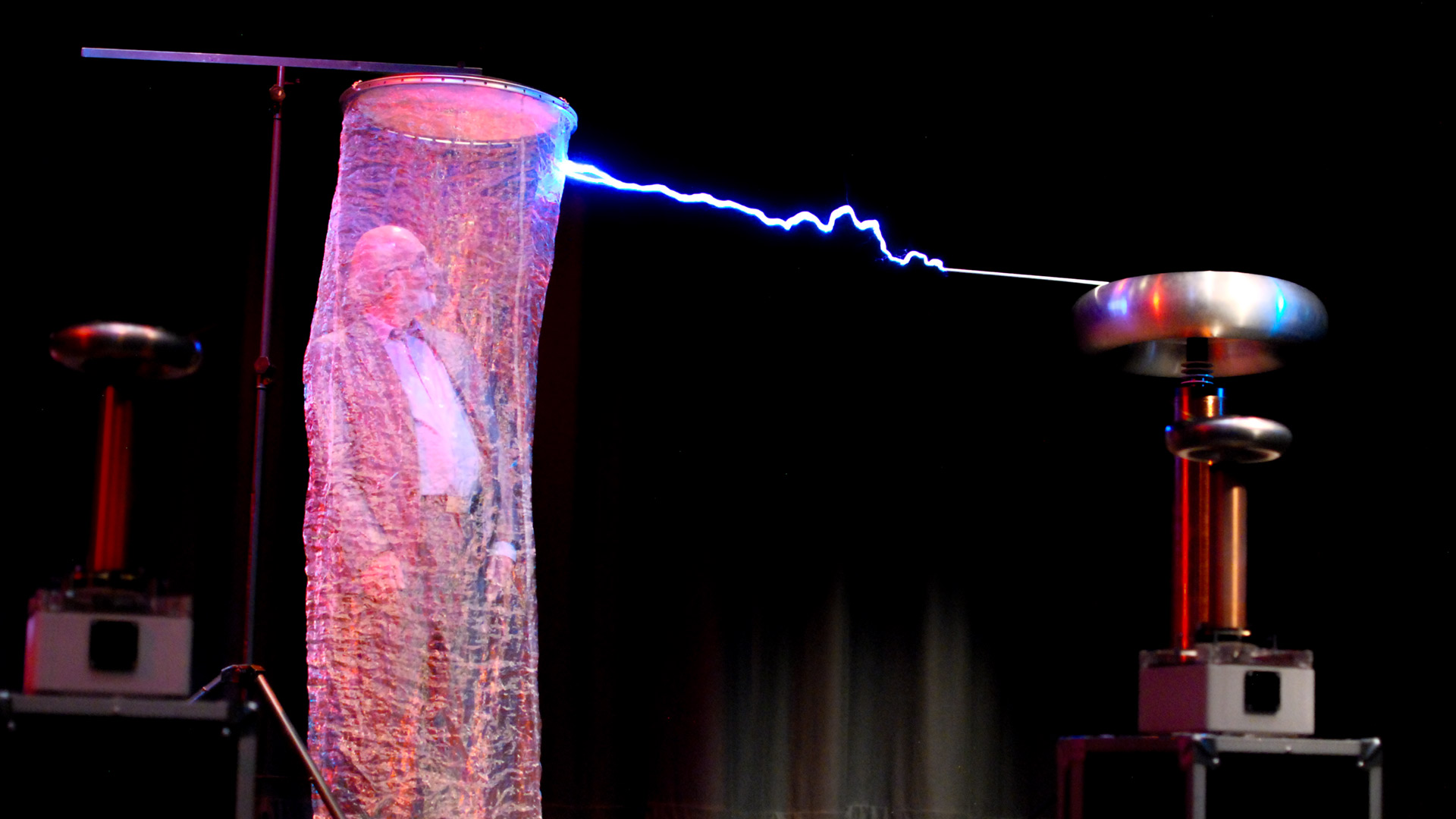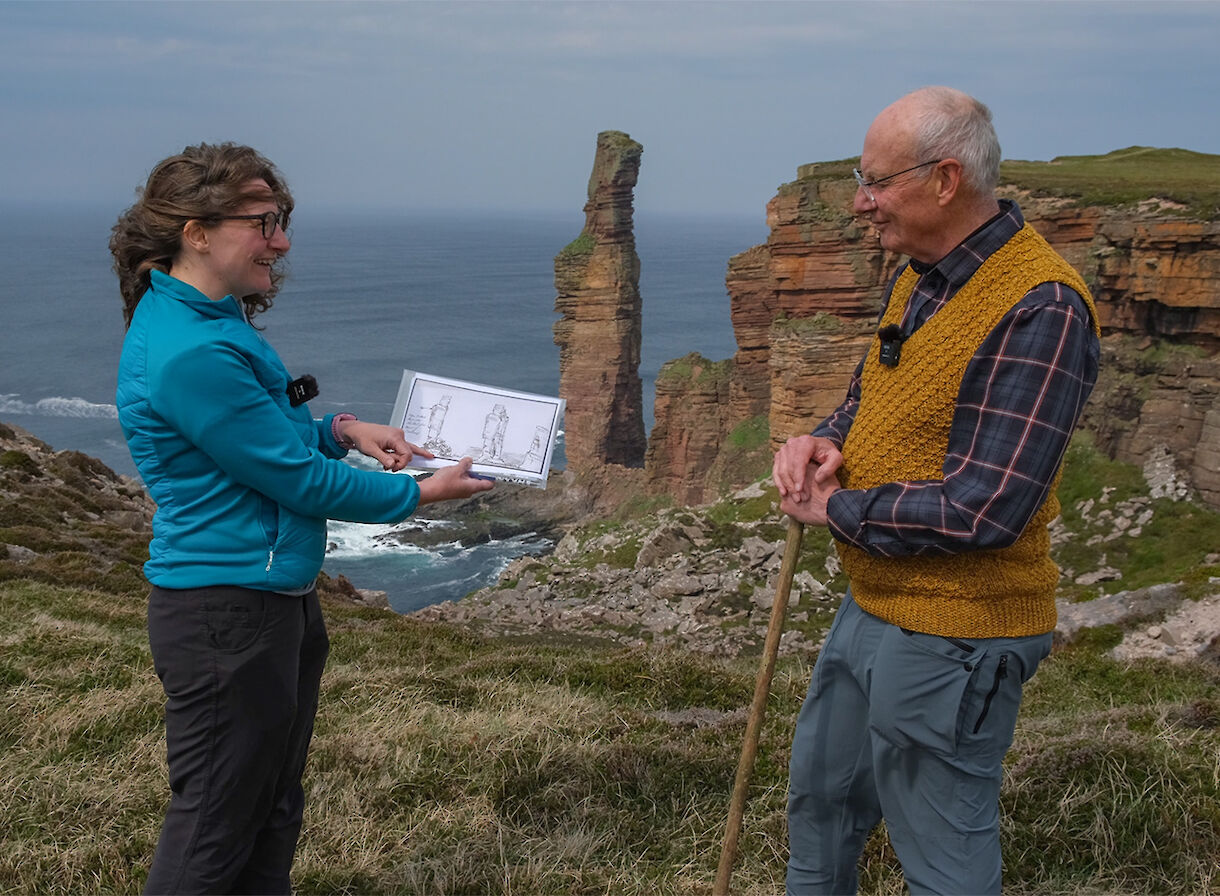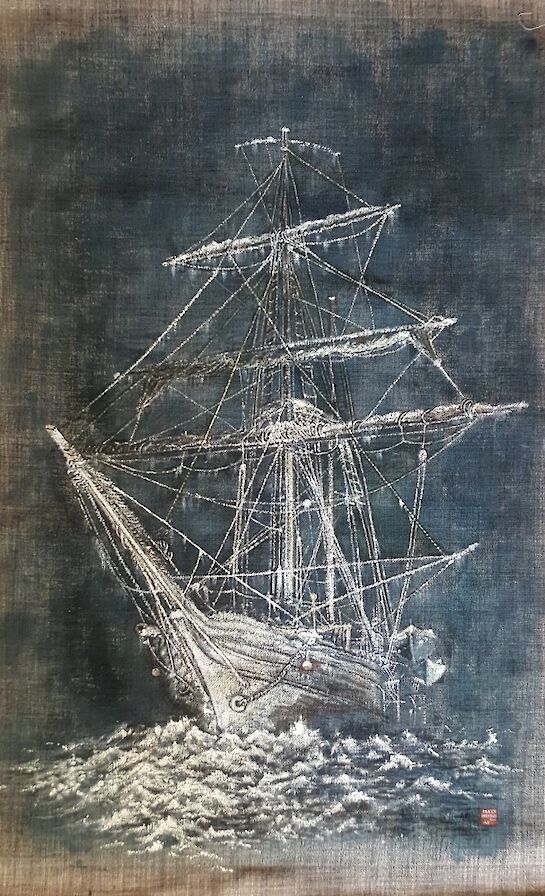From the fulmars of Eynhallow to Malaysia’s coral reefs, and the arrival of oil in Orkney to the future of wave, tidal and offshore wind energy, the Orkney International Science Festival is back and as big as ever for 2024.
The official programme for the week-long event, which will be held between 5th - 11th September, has been launched and is full of its usual eclectic mix of talks, walks, workshops, exhibitions and concerts. As always, some special settings will be included in the schedule, including St Magnus Cathedral, the Ness of Brodgar, and even the Pickaquoy Centre swimming pool.
2024 marks the centenary of mains electricity arriving in Orkney, which will be marked during the festival by a look back at how the then Kirkwall Town Council brough a generating station from an old wartime airbase to the town.
The festival will also head north to explore Orkney’s Arctic links, from the past days of the Hudson’s Bay fur trade and Greenland whaling, to new possibilities for collaboration with Arctic regions.
Meanwhile, the Antarctic will come to St Magnus Cathedral through paintings on upholsterer’s sackcloth by the Italian artist, Paola Folicaldi Suh. They depict Shackleton’s expedition to the South Pole that saw his ship Endurance crushed in ice and its crew trapped on Elephant Island.
The cathedral will also host a stunning patchwork quilt created to mark the bicentenary in 2020 of the Royal Astronomical Society (RAS), which each square created by groups of needleworkers, taking themes from astronomy and space.
Across the road in Kirkwall Town Hall, artist in residence at the RAS, Orcadian Lynda Laird, will present an exhibition tracing the work of astronomer Caroline Herschel. It includes star plates with views of the sky, along with audiovisual accompaniments of readings from Herschel’s own writing interwoven with specially-composed music.
Astronomy and music come together with Scottish composer Stuart Macrae’s composition Ursa Minor, and Prof. Martin Hendry from Glasgow University will discuss the latest research on gravitational waves before his colleague, Dr Andrew Spencer, will introduce them in an unusual setting – the Pickaquoy Centre Swimming Pool. The speaker and audience will take to the water for a laser and music performance created around actual gravitational wave recordings by Manchester-based audiovisual artist Leon Trimble.
There’s music too in the cathedral an organ and choral music concert, and a concert featuring musicians from Scotland and the Faroe Islands.
Environmental stories take centre stage with a range of speakers, including a Japanese diver who has developed seaweed ecosystems around marine energy platforms, and a group of Malaysian researchers with news of studies of coral reefs and the life around them.
And as always, food is an important theme in this year’s programme, with topics including the risks to global food distribution from a changing climate, the need for islands to regain some of their traditional self-reliance, and talks on the potential of sea buckthorn and the use of seaweed in the kitchen.
The full programme is available to view now on the official Orkney International Science Festival website. Tickets go on sale at 12pm on Saturday 20th July.



